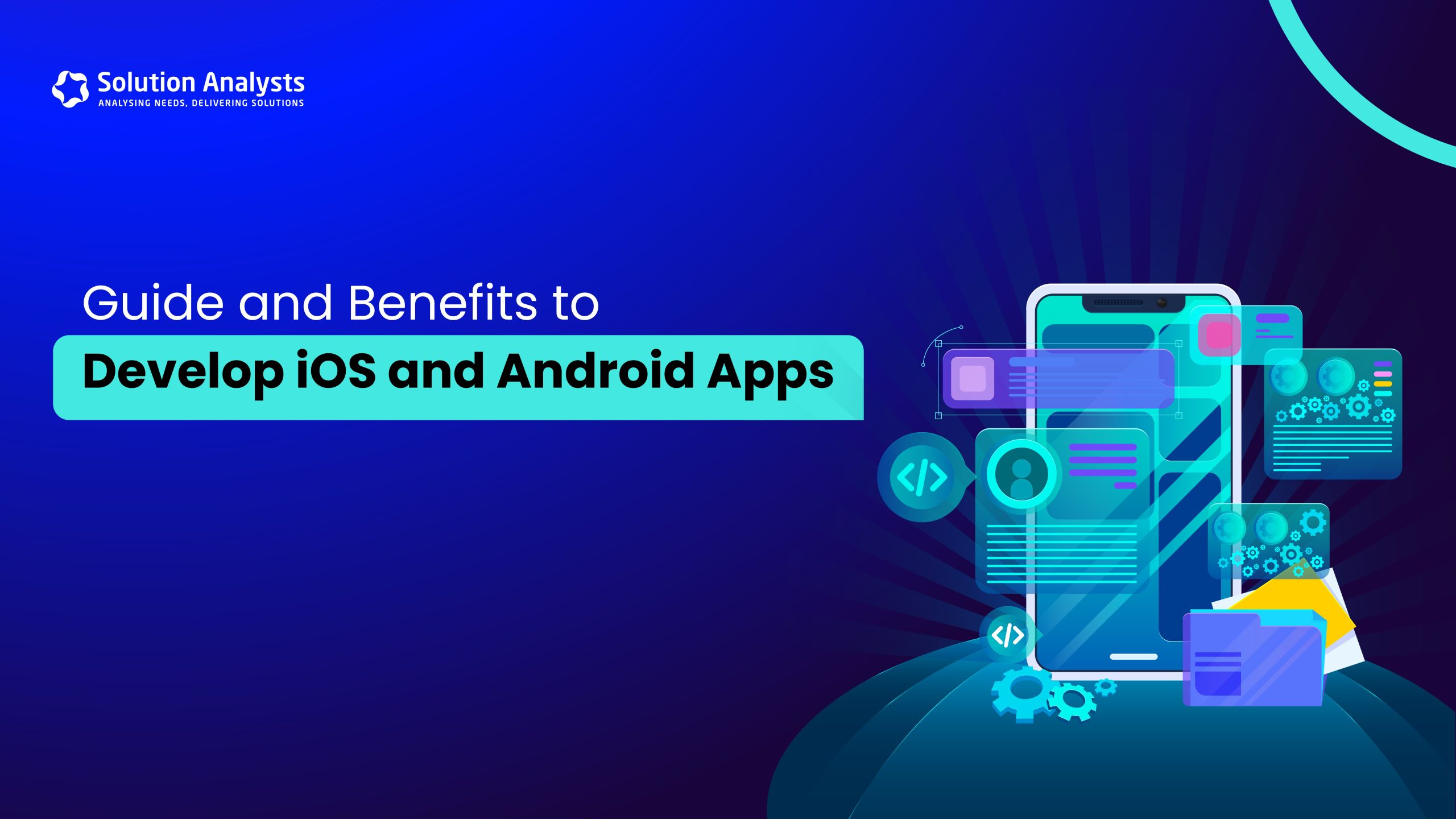
Table of Contents
To maximize reach and engagement in today’s mobile-driven market, it is necessary to design an app that caters to both iOS and Android consumers. It is essential to comprehend the app development process for both consumer and enterprise platforms while developing an app. Here, we’ll show you how to build apps for both iOS and Android, and we’ll go over some of the advantages of doing so.
Develop for iOS and Android, but why?
Together, iOS and Android control more than 99 percent of the worldwide market share for mobile operating systems. When you build for two platforms, you may do things like:
- Expand Your Audience: By making your app compatible with both iOS and Android, you may reach more people and increase your chances of retaining existing users.
- Maximize Earnings Potential: In-app purchases and subscriptions tend to bring in more money for iOS apps, but Android apps reach more people, which is especially helpful in developing countries.
- You can make sure your app has platform-specific capabilities by creating it in the native iOS and Android codecs. This way, you can take advantage of all the cool stuff that each platform has to offer.
- Raise Awareness and Credibility: Making your app accessible on both platforms raises awareness and credibility for your brand.
Instructions for Making Apps for Both iOS and Android
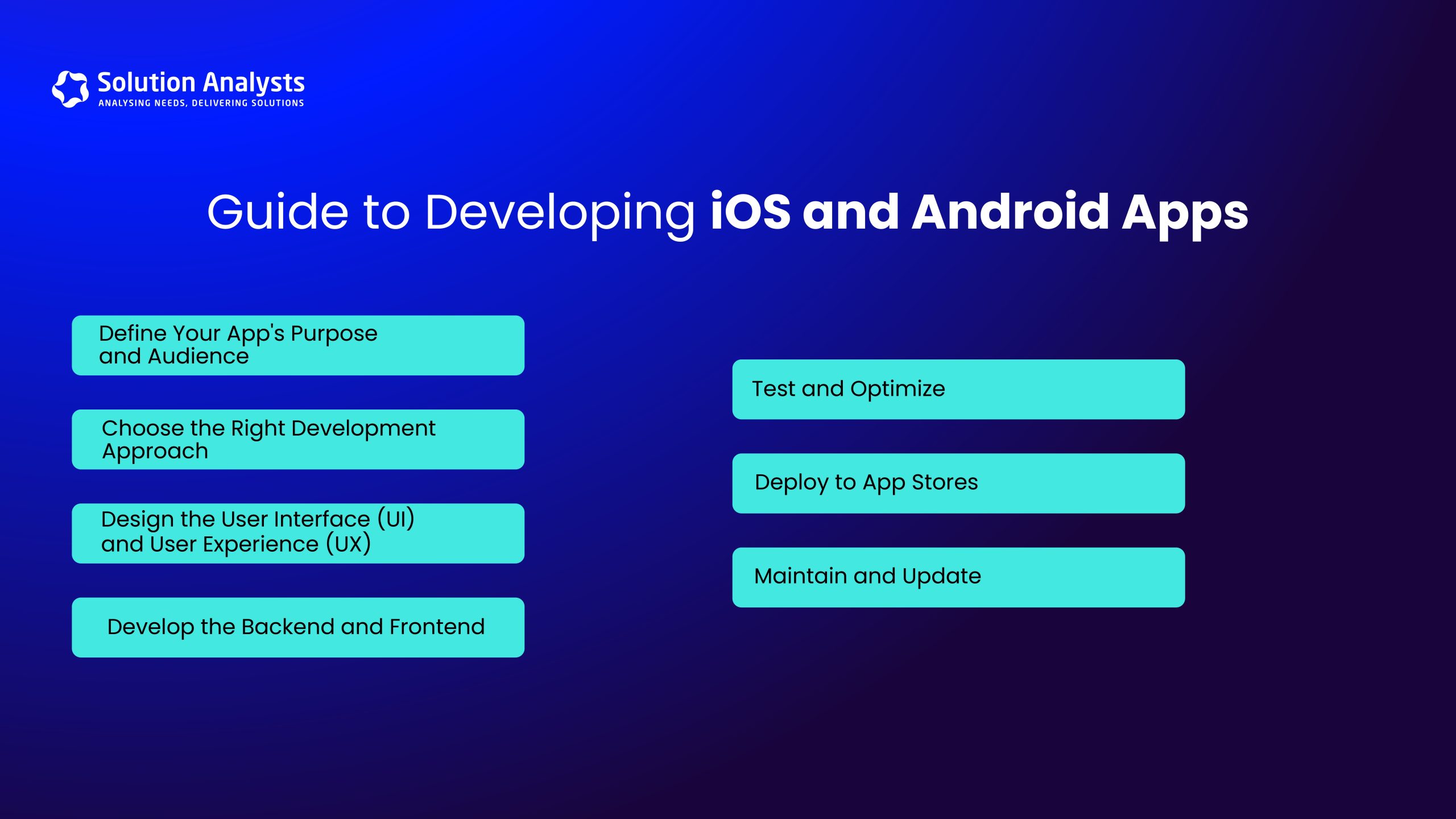
There are mainly two ways to go about developing apps for both Android and iOS:
This is known as “Native App Development,” and it entails building apps in two distinct languages—iOS’s Swift and Android’s Kotlin—that are tailored to each platform.
Cross-Platform Development: With frameworks such as Xamarin, React Native, or Flutter, you can create a single codebase that can run on both platforms.
First Things First: Figure Out Who You’re Making Your App For.
You should identify your app’s objective and who you’re designing it for before you start developing it. Your app’s design, functionality, and user experience will be guided by your consumers’ demands.
Next, decide on a development strategy.
You must choose between developing native apps and using a cross-platform framework. On one hand, cross-platform apps allow for quicker development and less costs; on the other, native apps offer superior performance and access to device-specific capabilities.
Stage 3: Create the UI and UX
Good user interface and experience design is essential for both Android and iOS. Code should adhere to platform-specific standards:
- When designing for iOS, keep in mind Apple’s Human Interface Guidelines, which stress the need of being clear, detailed, and respectful of content.
- Bold visuals, responsive animations, and easy navigation are the tenets of Google’s Material Design philosophy that should inform Android app development.
Building the Frontend and Backend is the Fourth Step.
The front end is in charge of how the app looks and how users interact with it, while the back end stores data, processes business logic, and runs the program on the server. Facilitate interaction between the backend and the frontend by making use of APIs.
Fifth Step: Evaluate and Enhance
App development isn’t complete without testing. See to ensure that it works with a variety of platforms, screen sizes, and gadgets. Evaluate in terms of usefulness, speed, safety, and ease of use
Sixth Step: Release to App Stores
You can release the app to the App Store and the Google Play Store once it has passed all of the necessary tests. Make sure your software satisfies all of their standards for approval by following their submission procedures.
Keeping It Current is Step 7.
To address issues, enhance performance, and introduce new features, post-launch support is crucial. You can keep your software interesting and relevant for users by updating it often.
Advantages of Making iOS and Android Apps
- Reaching a Wider Audience
You can reach more people and get more downloads for your software if you make it compatible with both iOS and Android. Android is more popular in developing countries, while iOS is more common in more prosperous areas.
- Users Are More Involved
By making your software compatible with both platforms, you can reach people regardless of the device they prefer. The engagement and retention rates of the app are boosted by this.
- Expanded Prospects for Making Money
While advertising methods work well for Android apps, in-app purchases and premium services are typically the main sources of revenue for iOS apps. You may take advantage of two sources of income by focusing on both platforms.
- Utilization of Features Unique to Each Platform
Taking advantage of the specific capabilities of both iOS and Android is possible when you build for them natively:
- ARKit, an augmented reality platform, Apple Pay, and smooth interoperability with other Apple devices are all part of iOS.
- With Android, you may personalize your device to your heart’s content, use Google Pay, and access devices with varying screen sizes and types.
- Having an Edge Over Others
You may get a leg up on the competition and reach more people with your software if it’s compatible with both iOS and Android. Customers will have more faith in your brand and its products as a result of this.
Conclusion
The best way to make your software as useful as possible is to make it compatible with both iOS and Android. Delivering a seamless user experience, utilizing platform-specific capabilities, and providing continuing support are the keys to success in either native or cross-platform development. In today’s cutthroat mobile market, your app has a chance to succeed with the correct strategy.

Rajan Shah
Technical Manager
Rajan Shah is a Technical Manager at Solution Analysts. He brings almost a decade of experience and a genuine passion for software development to his role. He’s a skilled problem solver with a keen eye for detail, his expertise spans in a diverse range of technologies including Ionic, Angular, Node.js, Flutter, and React Native, PHP, and iOS.







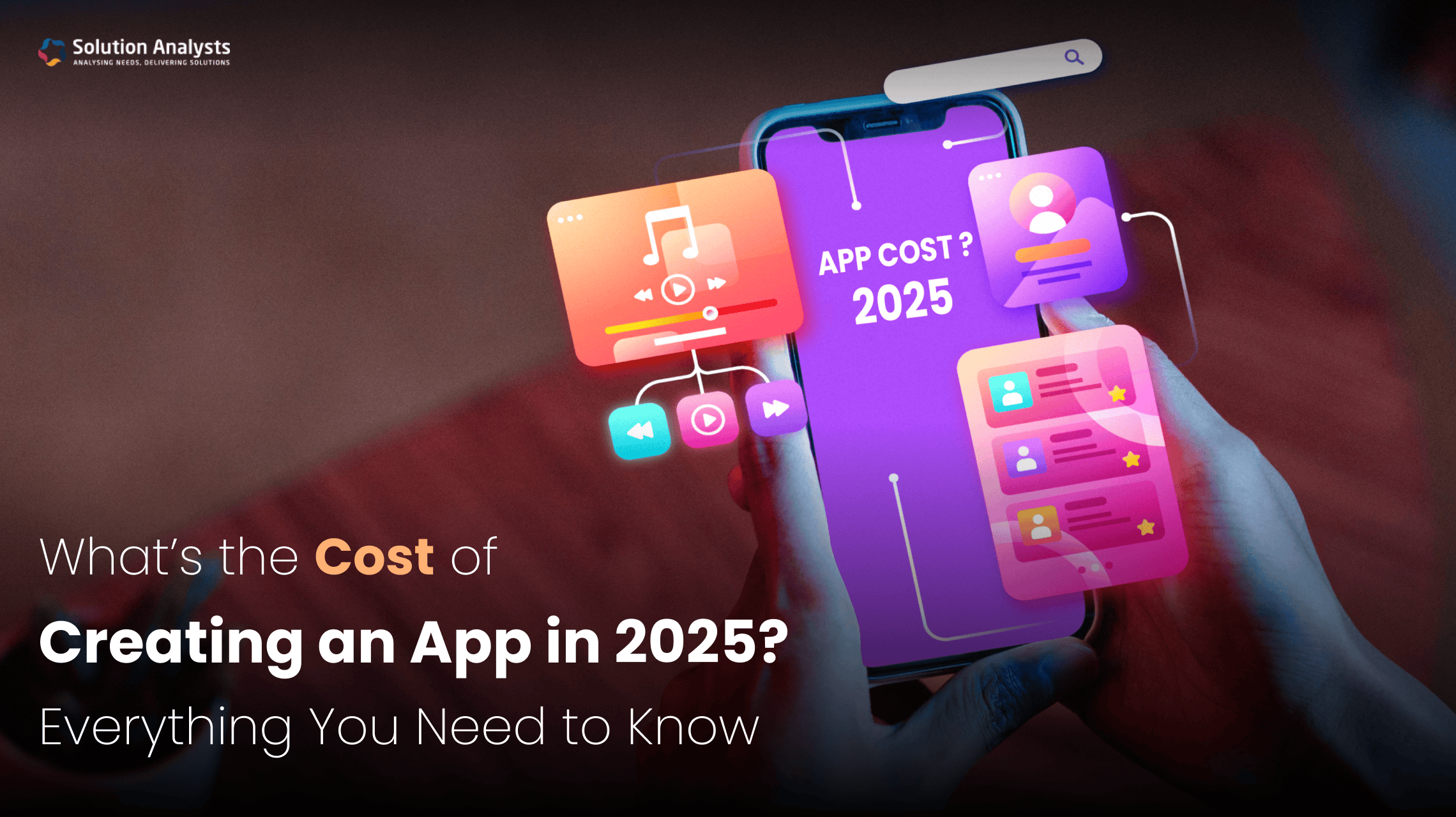

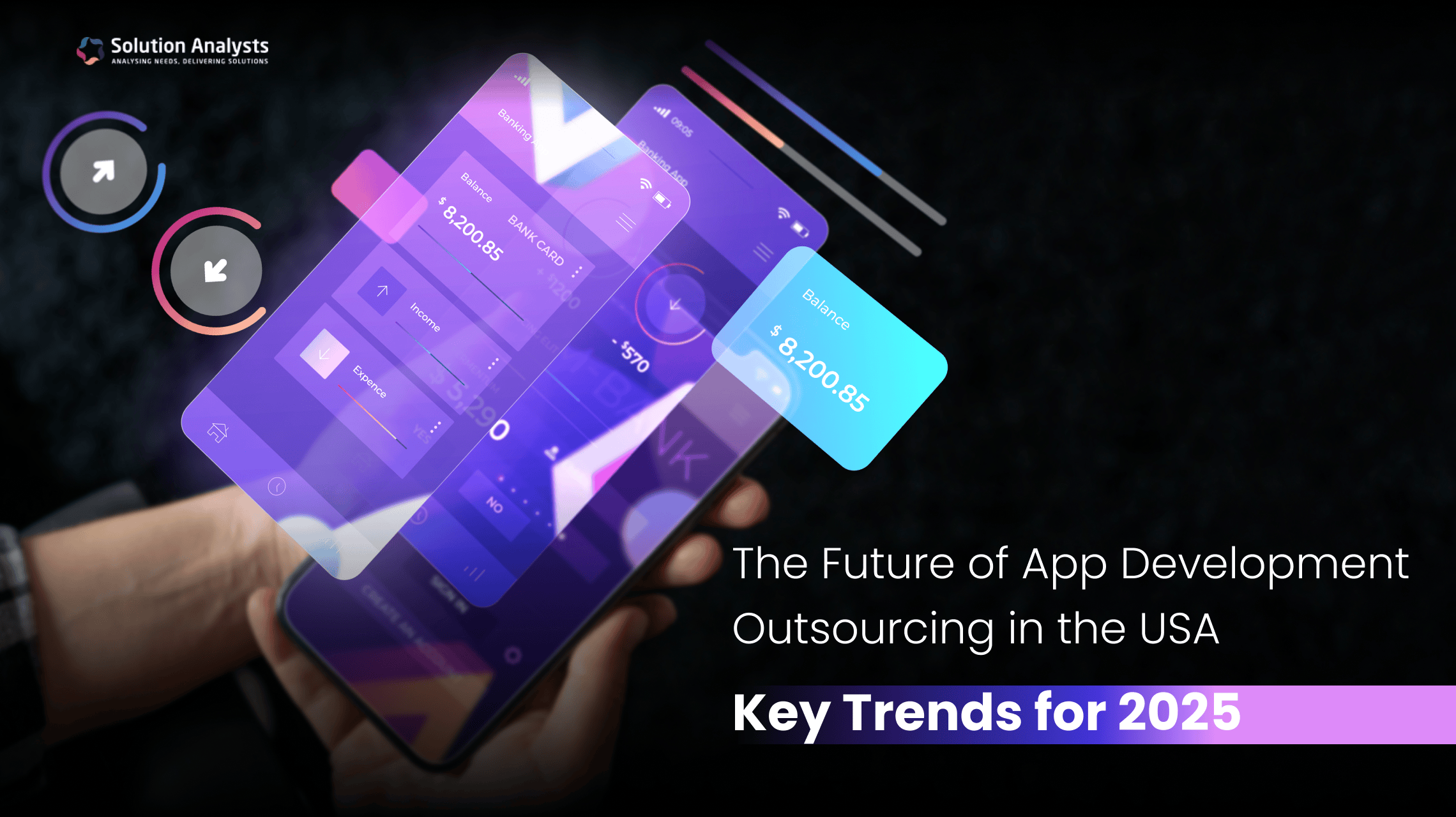
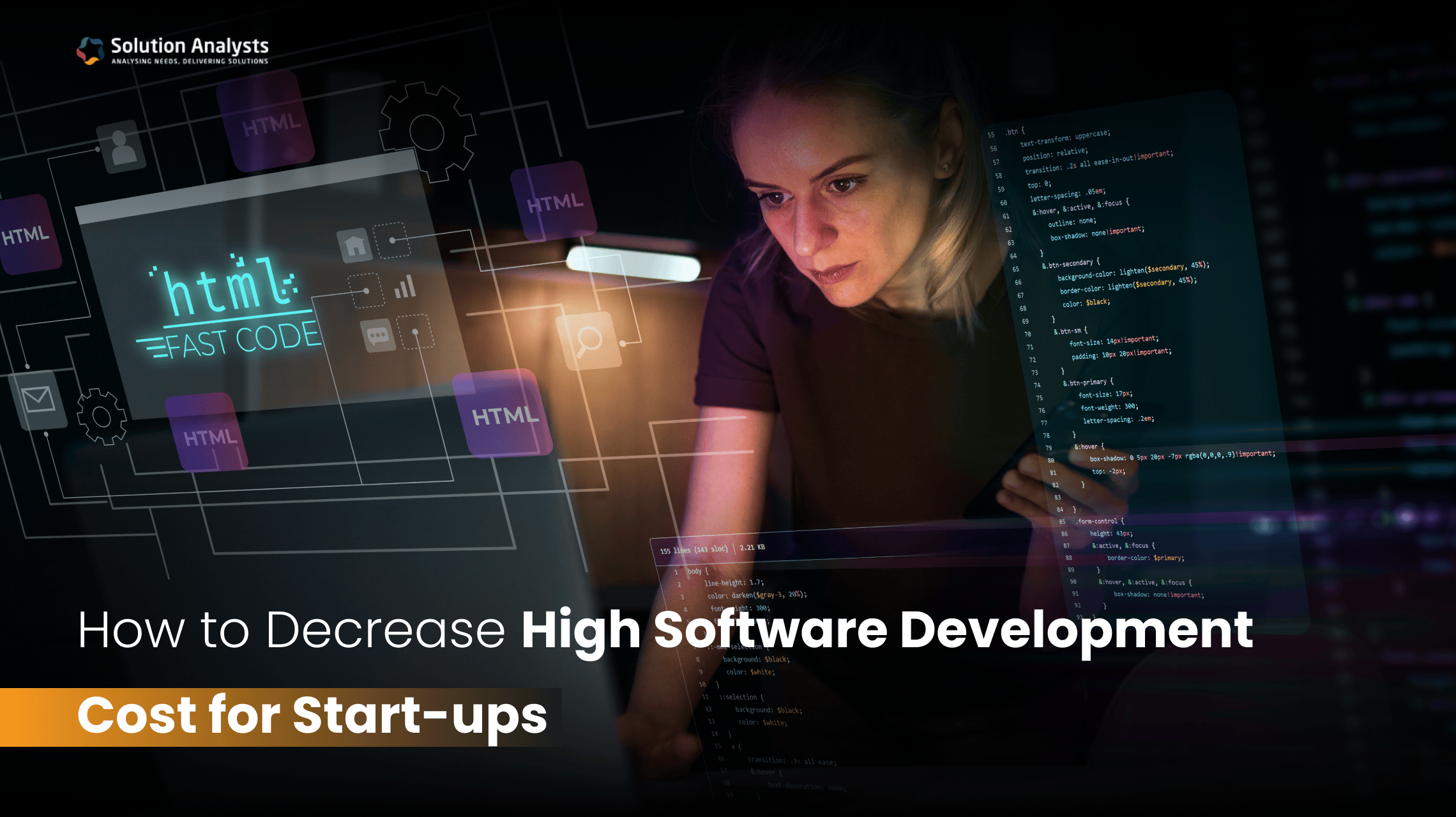
 sales@solutionanalysts.com
sales@solutionanalysts.com biz.solutionanalysts
biz.solutionanalysts






